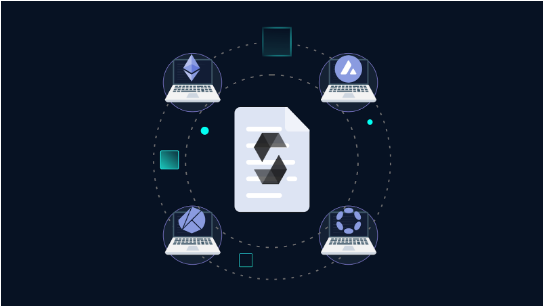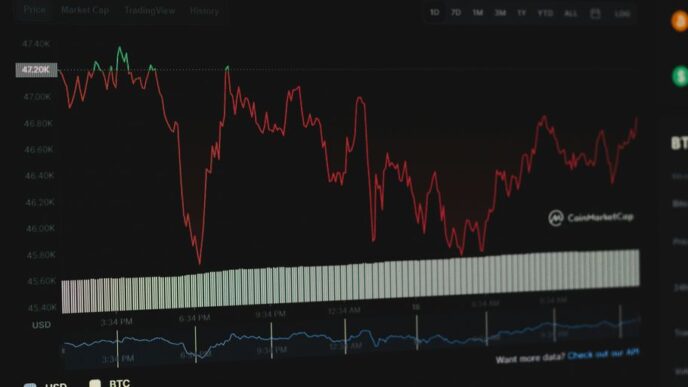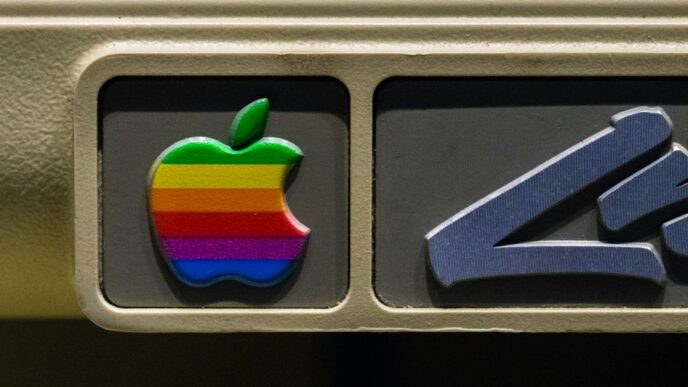Solidity is a programming language specifically designed for writing smart contracts on the Ethereum blockchain and other decentralized platforms. It is an object-oriented language that the core contributors of the Ethereum project created. With Solidity, developers can build and deploy smart contracts on the Ethereum Virtual Machine (EVM) and interact with them using a variety of tools and libraries. Overall, Solidity is a key tool for creating decentralized applications and building the future of the Ethereum platform.
Key features of Solidity programming language
Solidity is a high-level, statically typed language that strongly influences C++, Python, and JavaScript. It is designed to be easy to learn and use while also being expressive and powerful enough to build complex smart contracts.
Solidity includes support for complex data types such as arrays and structs and control structures like if/else statements and loops. It also includes support for function overloading, inheritance, and contract abstractions, which allow developers to create modular, reusable contract components.
One of the key features of Solidity development is its support for contract testing and deployment. Solidity includes a number of testing and debugging tools, as well as libraries for connecting to the Ethereum network and interacting with smart contracts.
Other important features include:
- Types: Solidity supports a variety of types including integers, booleans, and strings. It also supports fixed-size and dynamically-sized arrays, as well as structs for defining custom data structures.
- Functions: Solidity allows you to define functions that can be called within a contract or externally by other contracts or external actors. Functions can have input parameters and return values, and can be marked as internal (only callable within the contract) or external (callable from outside the contract).
- Modifiers: Modifiers allow you to modify the behavior of functions by adding additional checks or logic before or after the function is executed.
- Events: Solidity supports the use of events, which allow you to emit log entries that can be stored on the blockchain and listened to by external actors.
- Inheritance: Solidity supports inheritance, allowing you to define a base contract with common functionality and then create derived contracts that inherit and extend that functionality.
- Libraries: Solidity allows you to define and use libraries, which are collections of functions that can be called from multiple contracts. This can help you reduce duplication of code and improve the maintainability of your contracts.
- Gas: Solidity takes into account the cost of executing a contract, in the form of “gas.” Gas is a unit of measurement for the amount of computational resources required to execute a contract. This helps prevent excessive or malicious use of resources on the Ethereum network.
Overall, Solidity is a powerful and flexible language that enables developers to build complex and sophisticated smart contracts on the Ethereum platform.
What must a Solidity development company know?
A Solidity development company must deeply understand the Ethereum platform and the Solidity programming language. This includes knowledge of the Ethereum Virtual Machine (EVM), the Ethereum blockchain, and the various tools and libraries available for building and deploying smart contracts.
In addition to these technical skills, a solidity development company should also have a strong understanding of the various business use cases for smart contracts and how they can be implemented effectively. This may involve working with clients to understand their specific needs and requirements and then designing and building custom smart contracts to meet those needs.
Other important skills for a Solidity development company may include project management, communication, and problem-solving. As with any software development project, the ability to manage and coordinate a team of developers, communicate effectively with clients and stakeholders, and troubleshoot issues as they arise is critical to the success of any project.
Overall, a Solidity development company must have a strong foundation in smart contract development’s technical and business aspects to deliver high-quality products and services to their clients.
What should you know as a Solidity developer?
A Solidity developer specializes in using the Solidity programming language to design and implement smart contracts on the Ethereum blockchain and other decentralized platforms. Solidity developers are responsible for writing, testing, and deploying smart contracts that automate business processes and transactions using the Ethereum Virtual Machine (EVM). They work with clients to understand their specific needs and requirements and then use Solidity to build custom smart contracts that meet those needs.
Solidity developers must understand the Ethereum platform and the Solidity language and have experience with related tools and libraries. They should also have a solid foundation in computer science principles and object-oriented programming concepts.
In addition to technical skills, Solidity developers should also have strong communication and problem-solving skills, as they will often work with clients and team members to troubleshoot issues and find solutions to complex problems.
Conclusion
The importance of Solidity programming on the Ethereum blockchain lies in its ability to develop industry-grade blockchain applications. The Ethereum network team developed it to create and design smart contracts for blockchain platforms. Solidity’s primary function is to develop machine-level code and facilitate the compilation of Ethereum Virtual Machine (EVM) code. Solidity’s design is similar to other programming languages that include classes, variables, arithmetic operations and functions, as well as string manipulation and other concepts. Overall, Solidity is Ethereum’s go-to language for smart contracts which is building trustless, immutable agreements on the Ethereum network.













